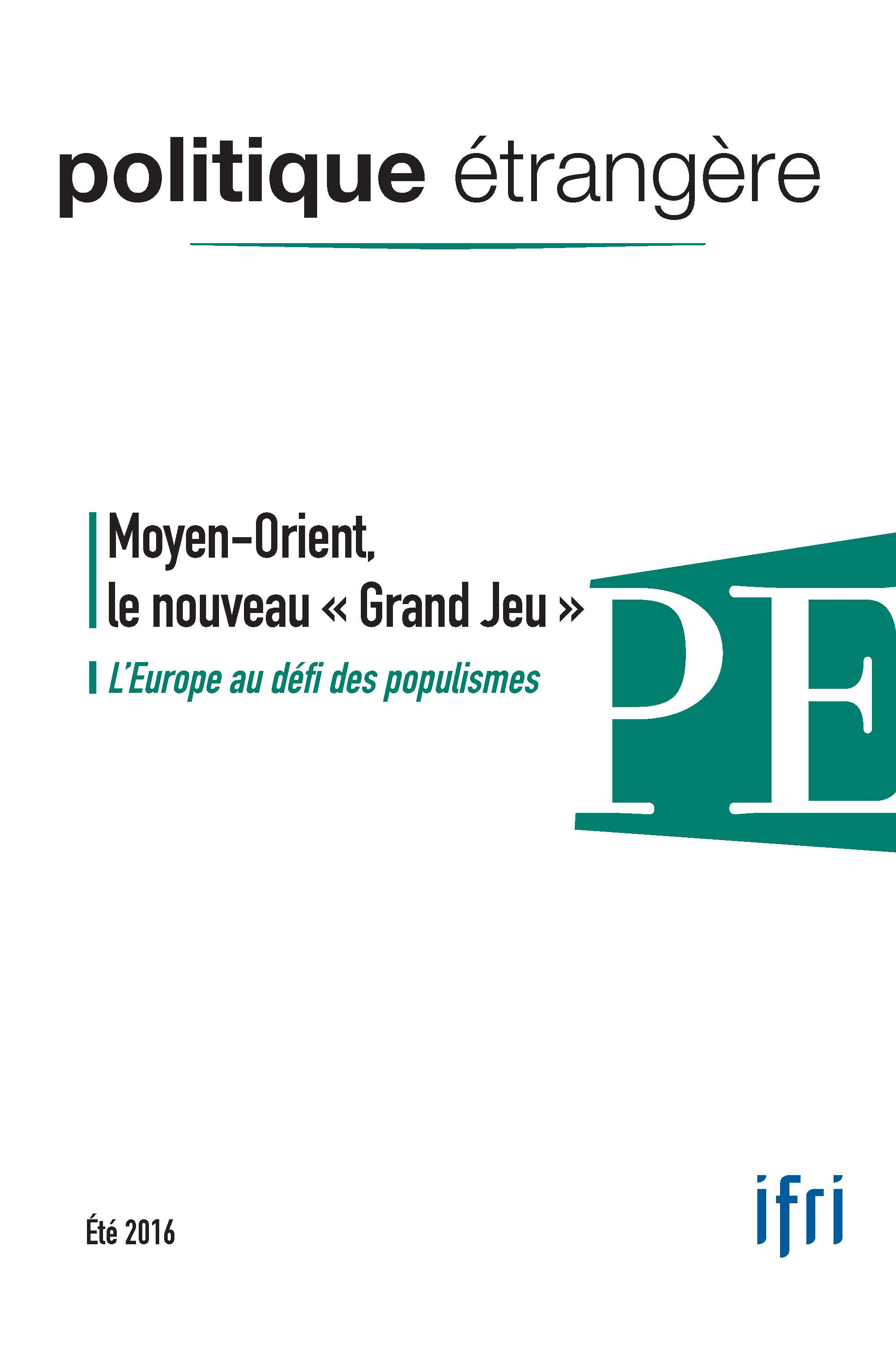Russia in the Middle East: Back to a “Grand Strategy” – or Enforcing Multilateralism?

Russian military intervention in Syria was not an attempt to exert dominance as a hegemonic power in the Middle East.
Far from promoting a unilateral approach, Moscow in fact supports multilateralism. Flexing its muscles in Syria was intended to make manifest to the United States and its allies that multilateral negotiations can not take place in the region – or elsewhere – with the exclusion of Russia.
Ekaterina Stepanova is a researcher at the Institute of World Economy and International Relations (IMEMO), Moscow. Her publications include Terrorism in Asymmetrical Conflict: Ideological and Structural Aspects (Oxford, Oxford University Press and SIPRI, 2008).
Article published in Politique étrangère, vol. 81, No.2, Summer 2016.
Download the full analysis
This page contains only a summary of our work. If you would like to have access to all the information from our research on the subject, you can download the full version in PDF format.
Russia in the Middle East: Back to a “Grand Strategy” – or Enforcing Multilateralism?




